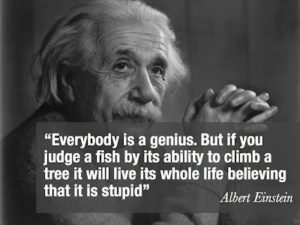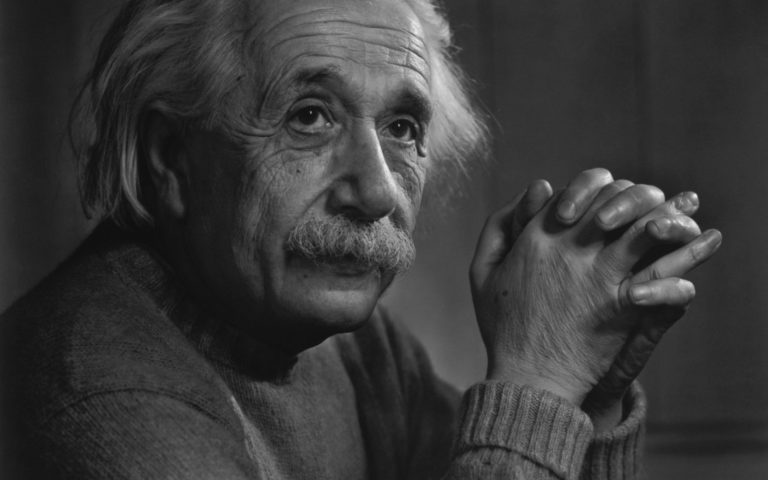Introduction rummy vip
(Interesting facts about Albert Einstein) rummy vip Considered as 20th Century’s most influential physicist, Albert Einstein is one of the most popular scientists of modern science. Though most of us today know him for this Theory of Relativity, he actually did not win the Noble Prize for that theory. That is one of the many interesting facts about this great scientist. Let us today learn 45 interesting Albert Einstein facts and find out more about the personal and professional life of this one of the greatest man to have ever lived on Earth(Interesting facts about Albert Einstein).
And this inspired him to develop his singular Theory of Relativity.
Interesting facts about Albert Einstein rummy vip
So you think you know Albert Einstein: the absent-minded genius who gave us the theory of relativity (two of them, in fact, special theory and general theory of relativity), but did you know that Einstein was born with such a large head that his mother thought he was deformed? Or that Einstein had a secret child before he was married?
Read on for more obscure facts about the life of the world’s smartest genius:
Einstein Was a Fat Baby with Large Head rummy vip
When Albert’s mother, Pauline Einstein gave birth to him, she thought that Einstein’s head was so big and misshapen that he was deformed!
As the back of the head seemed much too big, the family initially considered a monstrosity. The physician, however, was able to calm them down and some weeks later the shape of the head was normal. When Albert’s grandmother saw him for the first time she is reported to have muttered continuous
Einstein Had Speech Difficulty as a Child rummy vip
As a child, Einstein seldom spoke. When he did, he spoke very slowly – indeed, he tried out entire sentences in his head (or muttered them under his breath) until he got them right before he spoke aloud. According to accounts, Einstein did this until he was nine years old.

Interesting facts about Albert Einstein
Fascination for Science
The beginning of Einstein’s fascination about science came from a pocket compass, which was shown to him by his father when Einstein was five years old. He wondered what made the needle point in a certain direction and not anywhere else. This was the beginning of his long and illustrious career in science, which made him renowned around the world.
If not a scientist – a musician
Einstein was very fond of music, and his mother played a vital role in his inclination towards music. She played violin, which became a source of enjoyment and inspiration for the young Einstein, who himself learned to play the instrument at the tender age of five. He said, “If I were not a scientist, I would be a musician.”
It took Einstein nine years to get a job in academia
Einstein showed flashes of brilliance during his years at the Zurich Polytechnic, but his rebellious personality and penchant for skipping classes saw his professors give him less than glowing recommendations upon his graduation in 1900. The young physicist later spent two years searching for an academic position before settling for a gig at the Swiss patent office in Bern.
In 1905—often called his “miracle year”—the lowly clerk published four revolutionary articles that introduced his famous equation E=mc2 and the theory of special relativity. While the discoveries marked Einstein’s entrance onto the physics world stage, he didn’t win a full professorship until 1909—nearly a decade after he had left school.
He said in the contract, you (Mileva Maric) will make sure
- that I will receive my three meals regularly in my room;
- that you will renounce all personal relations with me insofar as they are not completely necessary for social reasons.
A solar eclipse helped make Einstein world famous
In 1915, Einstein published his theory of general relativity, which stated that gravitational fields cause distortions in the fabric of space and time. Because it was such a bold rewriting of the laws of physics, the theory remained controversial until May 1919, when a total solar eclipse provided the proper conditions to test its claim that a supermassive object—in this case the sun—would cause a measurable curve in the starlight passing by it.
Hoping to prove Einstein’s theory once and for all, English astronomer Arthur Eddington journeyed to the coast of West Africa and photographed the eclipse. Upon analyzing the pictures, he confirmed that the sun’s gravity had deflected the light by roughly 1.7 arc-seconds—exactly as predicted by general relativity. The news made Einstein an overnight celebrity. Newspapers hailed him as the heir to Sir Isaac Newton, and he went on to travel the world lecturing on his theories about the cosmos. (Interesting facts about Albert Einstein)
Einstein urged the building of the atomic bomb—and later became a proponent of nuclear disarmament
In the late-1930s, Einstein learned that new research had put German scientists on a path toward creating the atom bomb. The prospect of a doomsday weapon in the hands of the Nazis convinced him to set aside his pacifist principles and team up with Hungarian physicist Leo Szilard, who helped him write a letter urging President Franklin D. Roosevelt to conduct atomic research.
Though Einstein never participated directly in the Manhattan Project, he later expressed deep regrets about his minor role in bringing about the Hiroshima and Nagasaki bombings. “Had I known that the Germans would not succeed in producing an atomic bomb, I never would have lifted a finger,” he told Newsweek. He went on to become an impassioned advocate of nuclear disarmament, controls on weapons testing and unified world government.(Interesting facts about Albert Einstein)
Shortly before his death in 1955, he joined with philosopher Bertrand Russell in signing the “Russell-Einstein Manifesto,” a public letter that stressed the risks of nuclear war and implored governments to “find peaceful means for the settlement of all disputes between them.”(Interesting facts about Albert Einstein)
Einstein died in April 1955 from an abdominal aortic aneurysm.
After winning a reluctant approval from Einstein’s son, Harvey later had the brain cut into pieces and sent to various scientists for research.
Perhaps the most famous came in 1999, when a team from a Canadian university published a controversial paper claiming Einstein possessed unusual folds on his parietal lobe, a part of the brain associated with mathematical and spatial ability.(Interesting facts about Albert Einstein)

